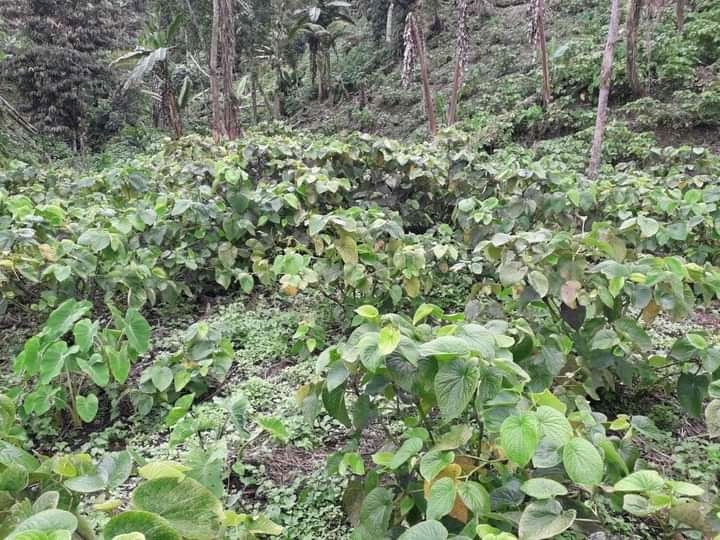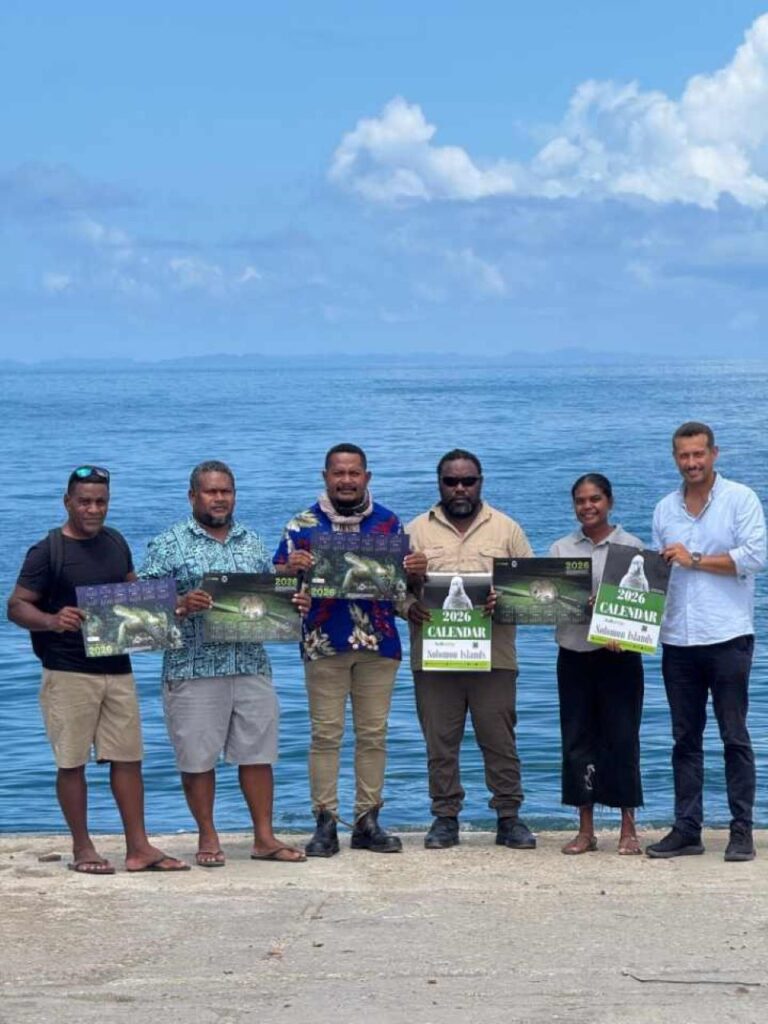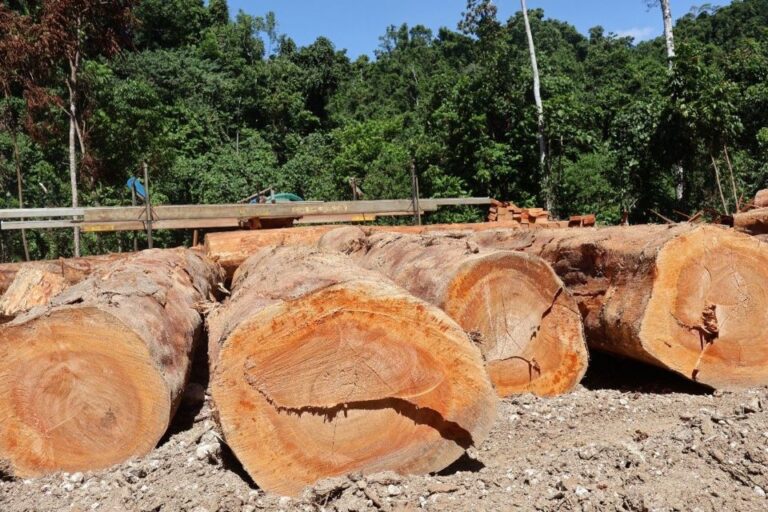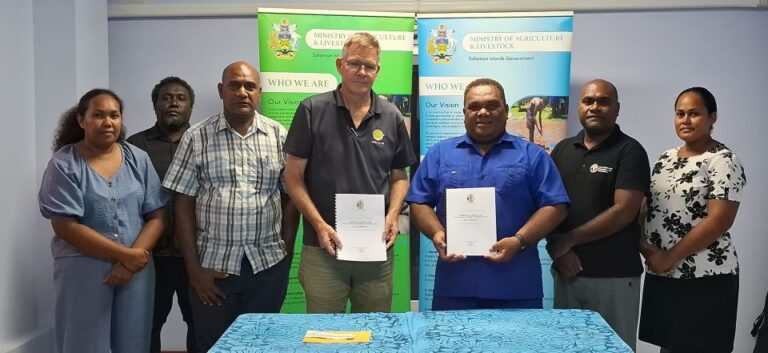BY JOHN HOUANIHAU
KAVA farmers in Faifatalaa Malaita Province are still struggling for financial and material support though they are leading the kava farming initiative in that particular area.
Former Solomon star reporter, Mr. Lesley Sanga who recently visited the local farmers said that the National government and Provincial government through the Ministry of Agriculture and Livestock (MAL) haven’t assisted the farmers.
He told environment media Solomon Islands in an interview that he visited the farmers when he heard that farmers had planted more than 180,000 bottoms.
“I visited the farmers in the first and second week of this month and I have found that that is true. Faifatalaa farmers are leading the kava farming initiative on the province,” said Sanga.
“However the one sad thing is that the Malaita Province through the responsible Ministry doesn’t recognized them to support and help them.
He further stated that an individual he had a conversation with said they have planted 5000 to 10,000 whiles few planted 10000 to 15000 bottoms.

“These farmers are not provided with proper kava trainings either but they learn by experience,” he said.
Mr. Sanga suggested that once proper equipment and support are provided Faifatalaa community will become a champion in the future in terms of their living standard.
Mr. Sanga visited kava Farmers of Taba’akwaru, Mamulele, Taba’a, and Magura in the interior part of East Kwara’ae.
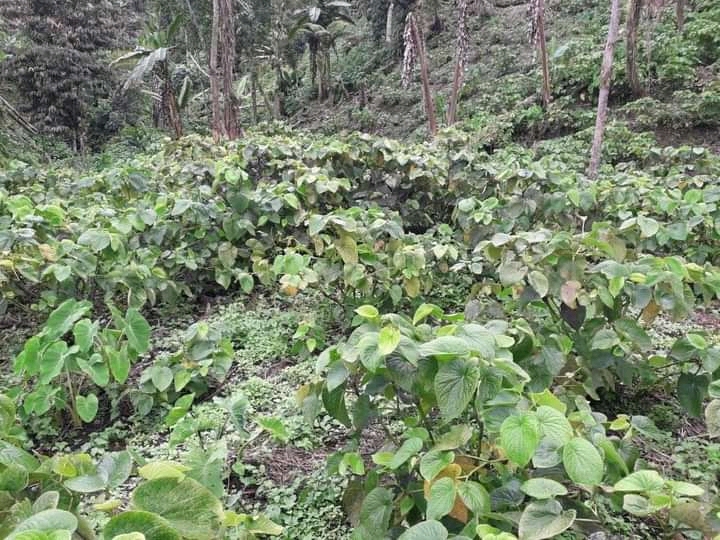
These villages are located in the mountains or 4 hour walk away from the main road to reach there.
Meanwhile, Dennis Dafea an officer at the Auki Agriculture extension office admitted that efforts to reach these communities have been difficult due to financial support from the national government.
“So far we have rolled out two pre-training for kava farmers to several communities around Kwara’ae earlier this year but what hinders our commitment was finance,’’ he said.
He said that at this time their office is working on some data as the number of kava farmers keeps on increasing in the region.
“our plan to reach out to those farmers is now in the pipeline and what we understand here is that the number of farmers there is increasing every day, so currently we are working very hard to include them all in our data and see what we can do to reach out to them,’’ said Dafea.
He also said that another hindrance to visiting the unfortunate farmers is also because of lack of human resources and hence they are doing what they can do to at least visit nearby farmers.
“That is one of a major problems we are facing in terms of rolling out our programs. However we will leave no one behind as we are looking into the possibility to visit these communities and probably that is next year,’’ he said.

